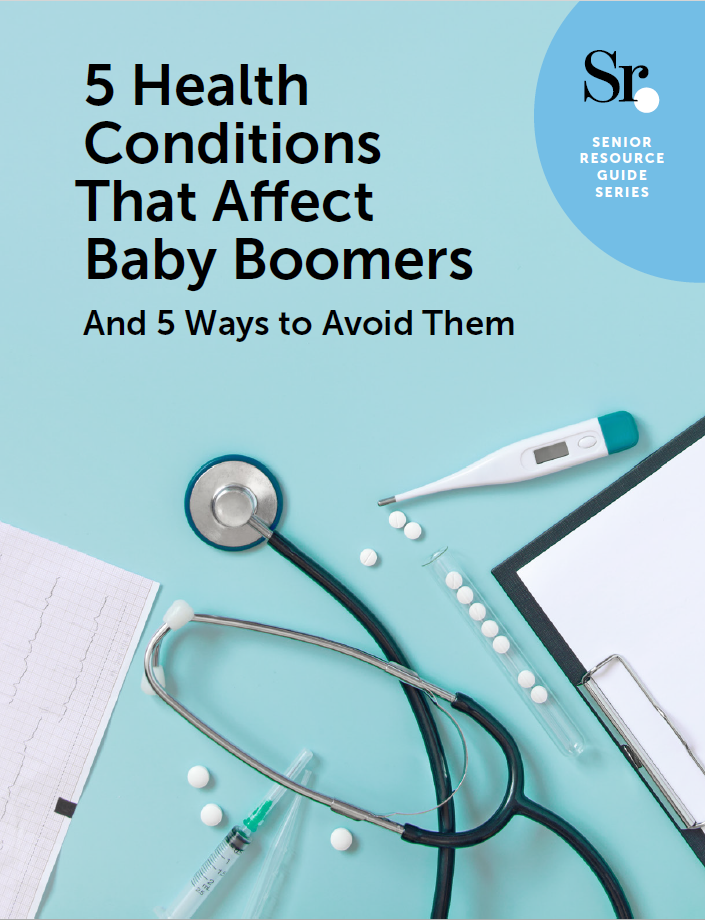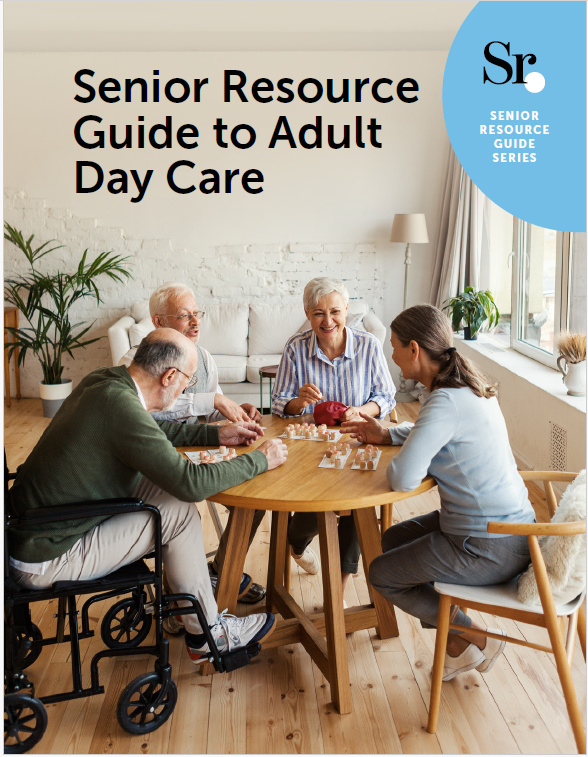Is Dementia Hereditary?
Dementia. A word that can instill fear in even the bravest of souls. It’s a reality we’re all worried we might face someday—especially if someone in our family has dementia. A question that a lot of people might ask themselves is whether or not this disease is hereditary. Here’s what you need to know.
1. What is dementia?
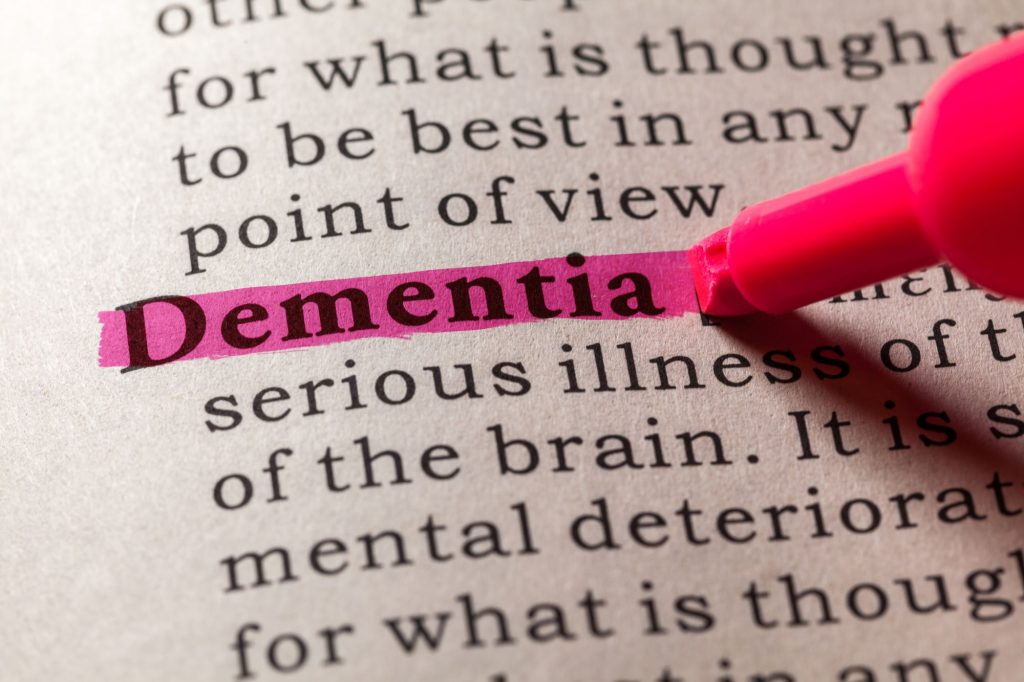
Dementia is a general term for a decline in cognitive function that interferes with daily functioning and independence. Alzheimer’s is the most common form of dementia (according to the Alzheimer’s Association). Dementia impacts the brain, causing memory loss, worsening language skills, and impaired judgment. While signs of dementia can vary greatly from person to person, common symptoms include:
Cognitive Changes
- Confusion
- Memory loss
- Impaired problem-solving abilities
- Poor coordination
- Difficulty communicating
- Struggling to find the right words
- Trouble with executive function (i.e. completing tasks or planning)
- Getting lost while walking or driving
- Repeating questions
- Becoming confused in familiar places
Psychological Changes
- Depression and anxiety
- Social withdrawal or isolation
- Paranoia
- Hallucinating
- Agitation or anger
- Inappropriate social behavior
- Emotional reactivity
- Loss of empathy
2. Is dementia passed down through the family?

Here’s the good news. Most forms of dementia aren’t hereditary. Studies show that having a close relative with Alzheimer’s disease isn’t evidence of a genetic link. The same study goes on to point out that individuals who are influenced by risk factor genes are only at a slightly increased risk of developing the disease than the average population. However, it’s important to note that inheriting certain genes can increase a person’s risk of developing Alzheimer’s.
For example, Australian actor Chris Hemsworth—best known for his role as Thor in the Marvel Cinematic Universe movies—recently learned that he inherited two copies of the gene APOE4 from each parent. Sadly, for both Hemsworth and 2 to 3% of the population, this increases his risk of developing Alzheimer’s by eight to twelve-fold. Research has also concluded that certain inheritable gene mutations, such as those containing amyloid precursor protein, Presenilin 1, and Presenilin 2, almost guarantee that someone will develop Alzheimer’s as they age.
3. What are genes?

Genes are segments of DNA (deoxyribonucleic acid) that serve as the basic units of heredity in living organisms. They contain the instructions or “code” necessary for the development, functioning, and reproduction of cells within an organism. Genes carry the genetic information that determines an organism’s traits, characteristics, and biological processes. Variations in genes can affect the likelihood of a person developing dementia, as in the case of Chris Hemsworth. However, having a risk gene does NOT mean that you’re destined to develop dementia or Alzheimer’s.
4. What are some other risk factors for dementia?
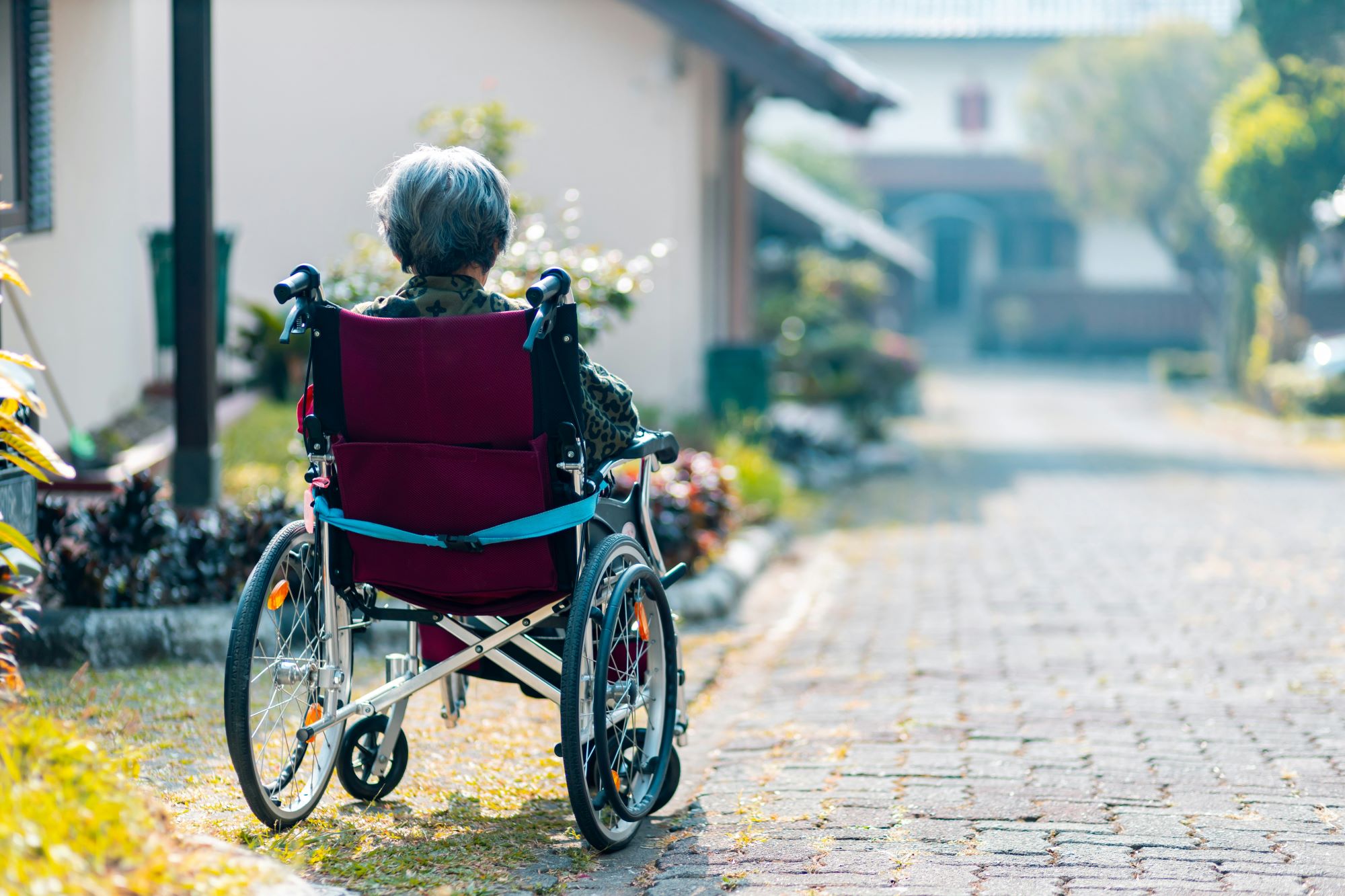
Over 55 million people worldwide have dementia. Additionally, every year, there are 10 million new cases. And while dementia might seem like an inevitability for most people, there are things you can do to lower your risk, according to neurologist Sarah Kremen, MD, director of the Neurobehavior Program at Cedars-Sinai. “If you know you’re at risk for dementia, you can make changes now that the data shows can lead to a better outcome 20 to 30 years in the future,” advises Dr. Kremen. “Which changes to make will depend on your risk factors.”
Age
Advanced age is the most significant risk factor for dementia, with the prevalence of dementia increasing with age. However, dementia is not a normal part of aging, and many older adults maintain cognitive health well into old age.
Sex
Women have a slightly higher risk of developing dementia compared to men, primarily due to their longer life expectancy. However, this increased risk is not fully understood and may be influenced by hormonal, genetic, and environmental factors.
Unhealthy diet
Poor dietary habits, such as high intake of saturated fats, refined sugars, and processed foods, and low intake of fruits, vegetables, and omega-3 fatty acids, have been linked to an increased risk of dementia.
Alcohol Consumption
Heavy or excessive alcohol consumption can damage brain cells, impair cognitive function, and increase the risk of dementia. Moderation is key, and excessive alcohol intake should be avoided.
Smoking
Smoking is a significant risk factor for dementia, as it contributes to cardiovascular disease, oxidative stress, inflammation, and vascular changes in the brain. Quitting smoking can reduce the risk of dementia and improve overall health.
Sleep Disorders
Chronic sleep disturbances, such as insomnia, sleep apnea, and sleep-disordered breathing, have been associated with an increased risk of cognitive decline and dementia. Maintaining good sleep hygiene and seeking treatment for sleep disorders may help reduce dementia risk.
4. How do I know if I’ll develop dementia?
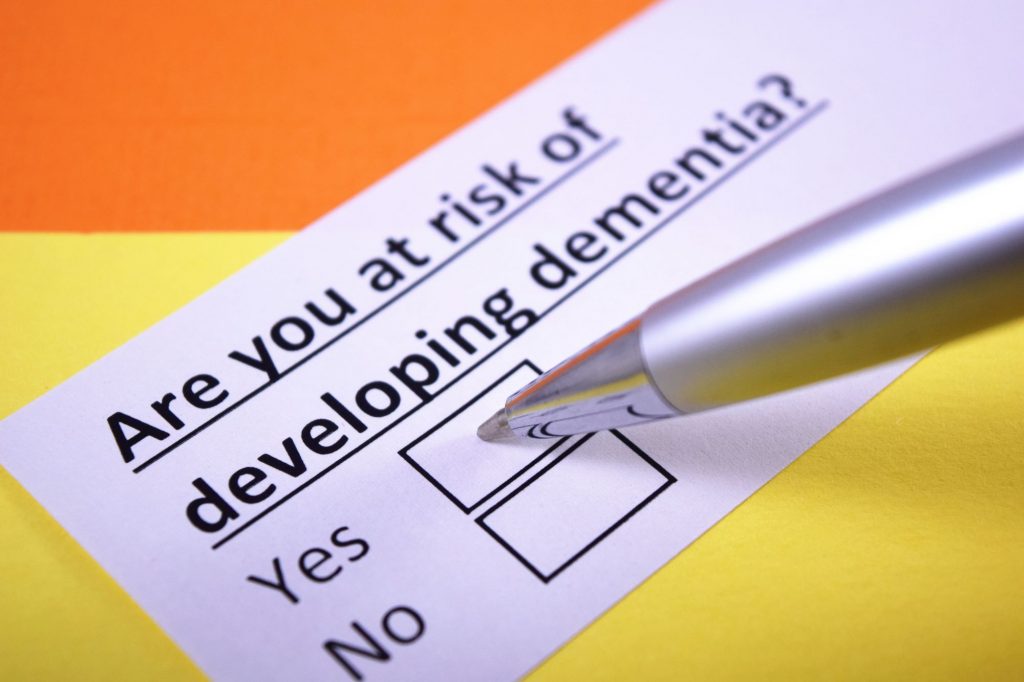
Predicting whether you’ll develop dementia can be a challenge. However, there are steps you can take to assess your risk and promote brain health. First, list your current risk factors and “reflect on your current health status,” advises Dr. Kremen. Do you drink alcohol in excess? Are you a smoker? Do you have diabetes or a health condition? Consider getting a full health evaluation and physical.
Adopting a healthy lifestyle can help reduce the risk of dementia and promote overall brain health. This includes regular physical exercise, a balanced diet, and controlling your stress. Don’t forget that mental health is equally important! Engage in activities that stimulate the brain, such as reading, puzzles, learning new skills or hobbies, and socializing with friends and family. According to Dr. Kremen, genetic testing isn’t necessary. “Genetics is part of the picture, but it’s not the whole picture. Your genes contribute to only about 7% of your total risk.”
Looking for more?
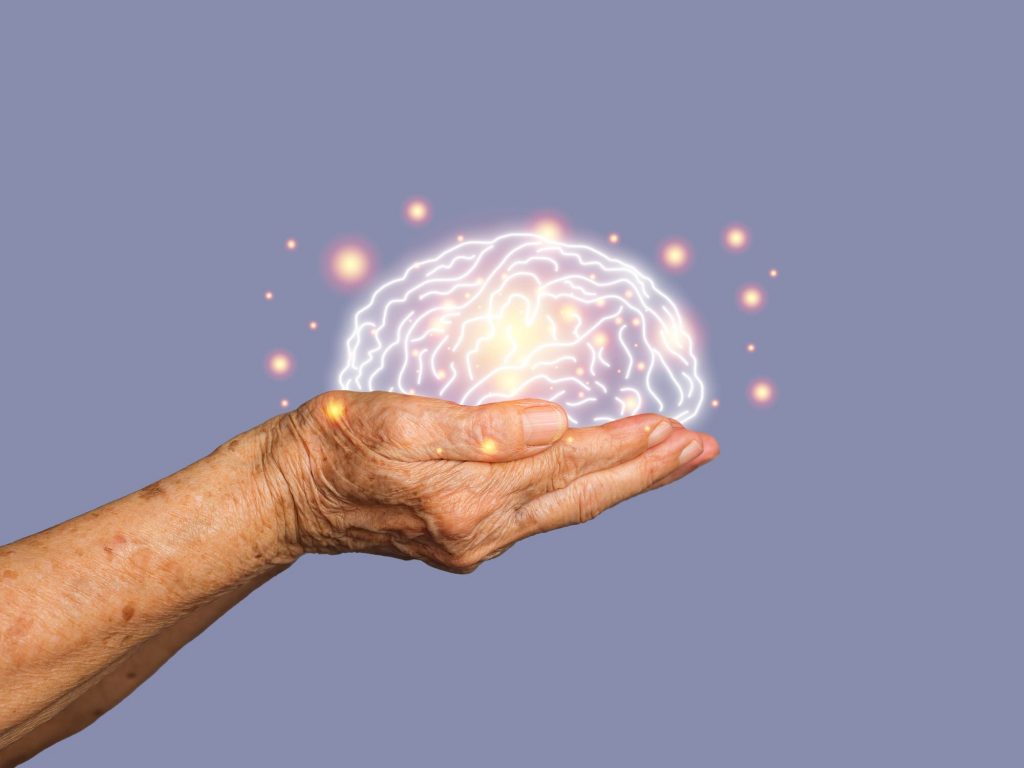
For additional dementia resources, visit these links:
Alzheimer’s Disease and Dementia Senior Resource Center
Click here for more dementia & Alzheimer’s resources.
Popular Articles About Alzheimer's and Dementia
Originally published March 12, 2024






